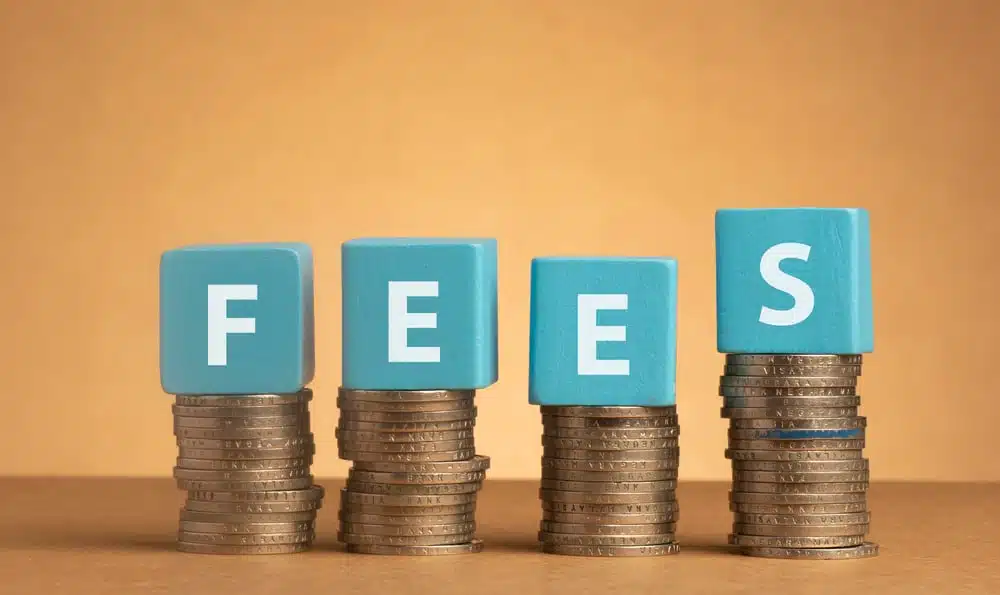The New South Wales National Parks and Wildlife Service (NPWS) has proposed a new tiered fee structure that could significantly raise the cost of camping in national parks across the state, including in the New England High Country.
The proposal, detailed in the “Improving camping in NSW national parks” consultation paper, outlines a shift toward aligning fees with the facilities provided and the level of visitor demand.
Currently free or low-cost campgrounds such as Dangars Gorge and Kings Plains Creek, which only charge a $6 booking fee, could see new charges of $36 per site per night during high season, and $20 during low season.
These sites, which feature non-flush toilets, barbecues, and picnic tables, fall into Tier 3 under the proposed system. Campgrounds like Cypress Pine in Boonoo Boonoo National Park would experience minimal pricing impact.
At present, a family of four pays $36 per night, which aligns with the new proposed high season rate and becomes less expensive in the off-season.
The revised structure would classify campsites into six tiers, from Tier 1, with no facilities and no fees, to Tier 6, which offers amenities such as hot showers and would charge up to $89 per night in peak times.
NPWS says around 86% of camping locations fall within Tiers 2 through 5. These tiers include varying combinations of pit toilets, shelters, flush toilets, and cold showers, with prices ranging from $22 to $65 in high season, and $13 to $38 in low season.
According to NPWS, the proposed changes aim to address three primary concerns raised in consultations with 200,000 park visitors: the issue of “ghost bookings,” staffing shortages at campgrounds, and inadequate maintenance of existing facilities.
The agency says the new pricing model will help provide consistent and equitable fees, eliminate additional charges, and allow for improved refund policies.
Not all stakeholders are convinced. Shadow Minister for Tourism Kevin Anderson called the proposal “an outrageous money grab” and criticized it as a move that could negatively affect regional tourism businesses.
“Tourism is the lifeblood of our regional communities and Labor’s plan will mean visitors have less money to spend in our local towns, cafés, pubs, clubs, and businesses,” he said in a report by New England Times.
Brendan Moylan, Member for Northern Tablelands, echoed the concern, highlighting the economic importance of national parks to local businesses.
“If the cost of camping in our national parks increases, other parts of the region will suffer, including small businesses like cafés and pubs,” Moylan stated.
The consultation period closes Sunday, May 25. Stakeholders, including campers, tourism operators, and regional business owners, are encouraged to submit feedback via the NSW Government’s Have Your Say portal at haveyoursay.nsw.gov.au.
For outdoor hospitality operators and caravan park businesses, the proposed fee increases represent a potential shift in traveler behavior.
Higher costs in national parks during peak seasons may drive more budget-conscious campers toward commercial alternatives. Operators may find opportunities to attract these visitors by marketing more stable pricing, upgraded facilities, or bundled services.


